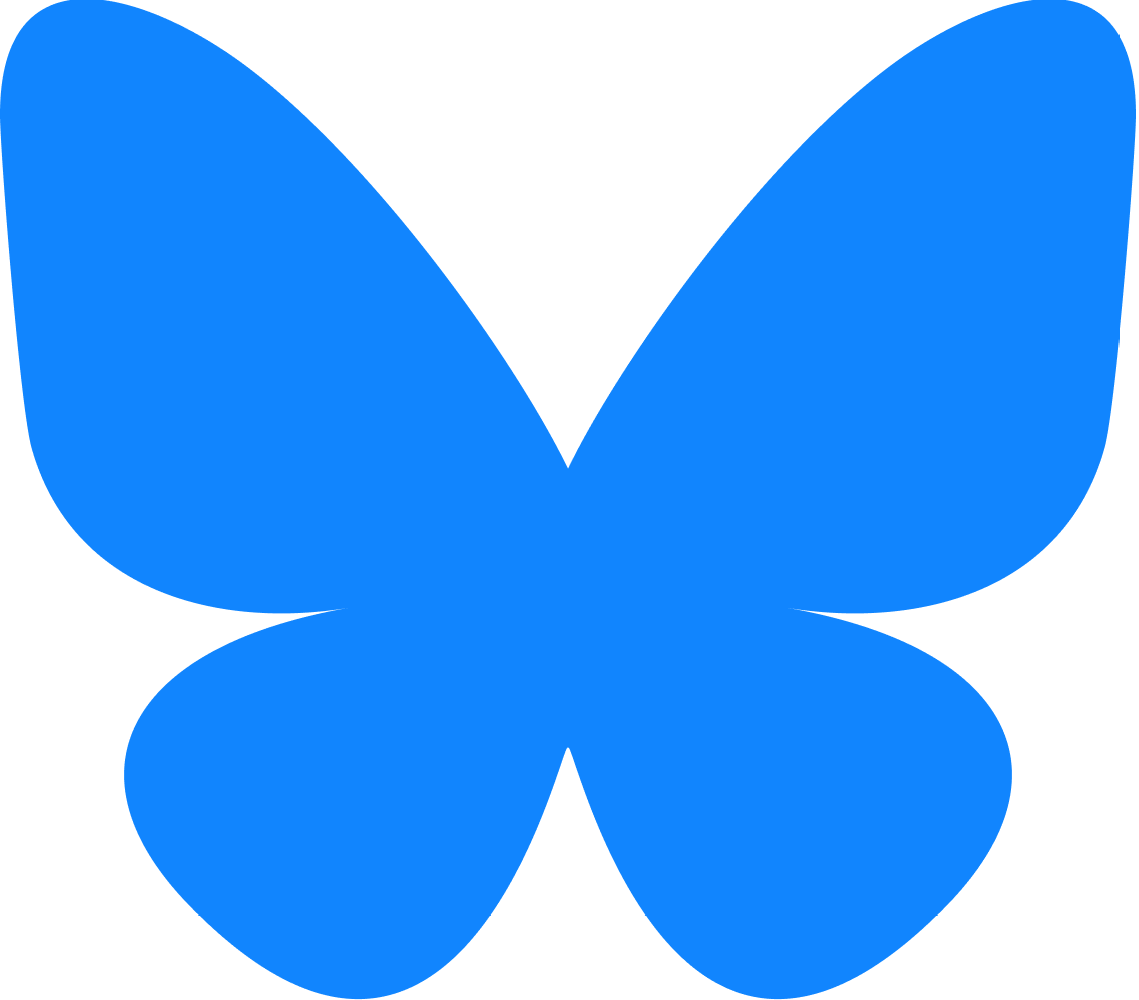About the Journal
Humanimalia is an interdisciplinary, Diamond open-access, peer-reviewed journal. It has three aims: to explore and advance the vast range of scholarship on human–animal relations, to encourage exchange among scholars working from a variety of disciplinary perspectives, and to promote dialogue between the academic community and those working closely with animals in non-academic fields.
We invite innovative work that situates these topics within contemporary culture via a variety of critical approaches, including but not limited to feminism, queer theory, critical race studies, political economy, ethnography, ethnozoology, literary criticism, science and technology studies, and media studies. Ideally, we seek papers that combine approaches, or at the very least draw upon research in other disciplines to contextualize their arguments. As much as possible, we seek papers that acknowledge and seek to advance a more-than-human conception of aesthetics, culture, and society.
We publish articles of 6,000–12,000 words and seek both broad, theoretical submissions that have a conceptual focus and intervene in the field of animal studies, and also more particularly focused works that situate their arguments within more specific fields, debates and examples. All articles are double-blind peer reviewed.
We also invite proposals for special issues or special sections clustered around a particular topic or theme. If you would like to propose a special issue or section, please contact the editor-in-chief, Kári Driscoll.
Humanimalia also publishes reviews of items of interest to the broader field of animal studies, including books, new journals, films, conferences, and exhibitions. Reviews should involve a description of the item’s content, an assessment of its likely audience, and an evaluation of its importance in a larger context. If you would like to write a review for Humanimalia, please contact the reviews editor, Dominic O’Key.
Humanimalia was founded in 2009 by Istvan Csicsery-Ronay and Sherryl Vint. In 2021, the journal moved to Utrecht University in the Netherlands.
Indexing services
This journal is currently indexed in the Directory of Open Access Journals (DOAJ), Scopus, EBSCOhost, ERIH Plus, Jisc Open Policy Finder (formerly Sherpa Romeo), Google Scholar, and the MLA Directory of Periodicals.





